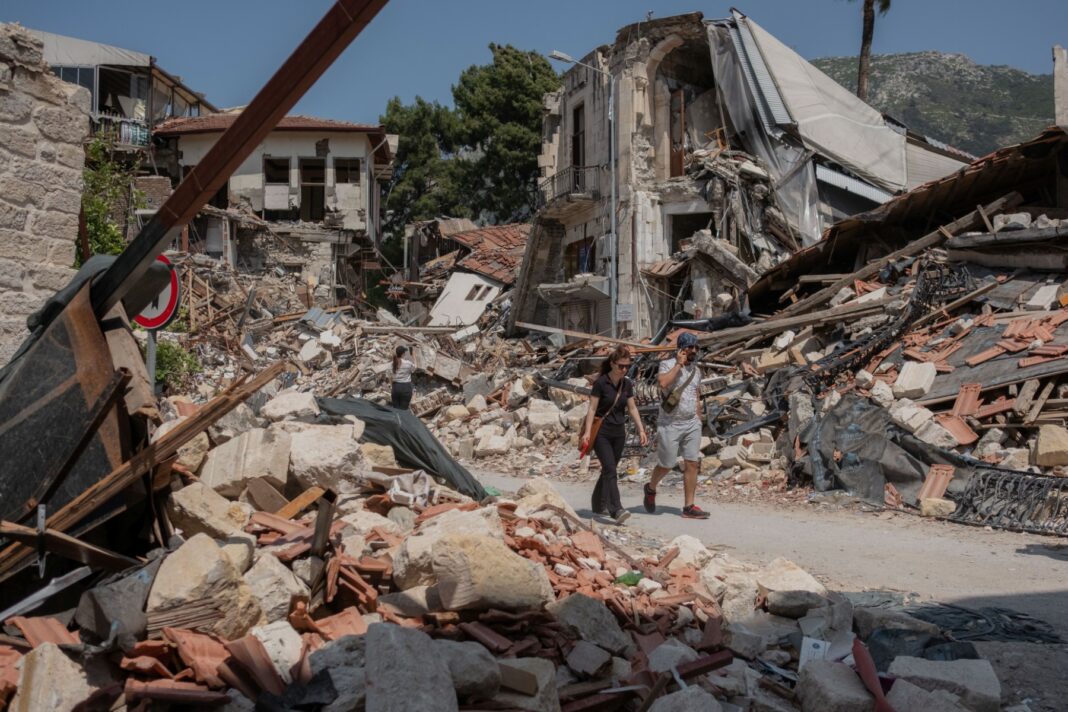Syrian refugees who were registered in Turkey’s earthquake disaster zones now face the prospect of returning to the region despite unacceptable living conditions, the Stockholm Center for Freedom reported, citing Birgün daily.
Magnitude 7.8 and 7.5 earthquakes affected 11 provinces in the country’s south and southeast on Feb. 6, killing more than 50,000 people and leaving millions homeless. Amid the disaster, Turkish authorities granted Syrians registered in southeastern provinces temporary travel permits, allowing them to go to cities that were not affected by the earthquakes.
Many Syrian families went to big cities such as Istanbul, Ankara and Izmir. For those Syrians who sought temporary refuge in Istanbul, the permit ended on Sunday, and they now have to move back to a region that still lacks infrastructure, proper housing, clean water and food.
In early September, the Ministry of Interior had announced that sanctions would be imposed on Syrians who failed to leave Istanbul by Sept. 24, except for refugees registered in provinces affected by earthquakes. However, there has not been any mention of extending permits for earthquake victims.
Migration expert Dr. Hatice Kurtuluş called on Turkish authorities to be aware that a “forced return” to disaster zones would cause long-term problems. “This is a major human rights issue,” she said. “How are people supposed to return to a region that is still uninhabitable? I cannot help but think authorities are trying to push refugees to return to Syria by compelling them to live in disaster zones.”
Turkey’s most powerful earthquake in almost 100 years, which struck near the city of Gaziantep in the early hours of February 6, has so far claimed the lives of more than 50,000 people in Turkey in addition to injuring more than 100,000. Close to 220,000 disaster victims have been evacuated from the region to date, according to the latest official figures.
After the quakes, social media users also complained about the lack of basic necessities, such as water, blankets and tents as well as medical supplies. Months after the disaster, victims still have trouble accessing these necessities. Syrian refugees suffered heavy losses in the disaster, and those victims who remained in the region have been living in makeshift tents with restricted access to proper toilets, showers and clean water.
